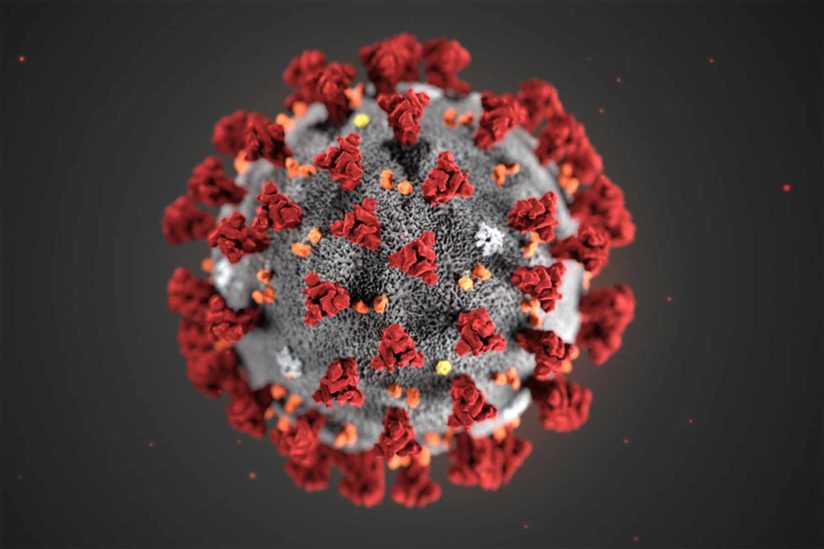Disease could leave patients with lasting damage


New research suggests people who recover from a mild dose of COVID-19 could be plagued in future by chronic tiredness, insomnia, kidney disease, mobility issues, psychosis, spinal infections, and strokes, suggesting the cohort that favors catching the illness and getting it over with might want to think again.
The alarming list of potential long-term effects was revealed by researchers and doctors in Northern Italy, after they studied people who had been infected with the novel coronavirus in the hard-hit Lombardy region.
They concluded some people may never return to full health after encountering the virus, and that all age groups are vulnerable.
They also said the virus is, in fact, not a respiratory disease alone but an infection that impacts all organs in the body.
Roberto Cosentini, head of emergencies at Papa Giovanni XXIII Hospital in Bergamo, was in charge of treating people infected with the virus in the Lombardy region, where 6,000 people died. He is now warning people about the long-term effects of the virus.
He told Sky News: "At first, initially, we thought it was a bad flu, then we thought it was a bad flu with a very bad pneumonia … but, subsequently, we discovered that it is a systemic illness with vessel damage in the whole body, with renal involvement, cerebral involvement."
He said some people may be so badly impacted that they will be unable to return to work.
Cosentini told the broadcaster there are "a lot of complications or other manifestations of the virus".
"Now, we see a significant proportion of the population with chronic damage from the virus," he said.
The findings of the Italian doctors are similar to those of researchers at University College London, who identified serious neurological complications caused by COVID-19, including brain inflammation, delirium, nerve damage, and stroke.
They said people can experience these long-term problems without having experienced COVID-19 symptoms. Indeed, some patients have arrived at hospital with neurological disorders and then found to have had COVID-19 in the past.
Britain's Daily Express newspaper said the Italian research highlights the need for renewed vigilance, and the importance of strictly observing social distancing rules and of frequent hand-washing.
The Italian research is not the only piece of recent bad news for people who have been infected in the past with COVID-19 and who may have thought their problems were behind them.
Another recent study, from researchers at King's College London, found people who recover from the disease may only have immunity from future infections for a matter of months, leaving them open to getting it again.
The Guardian newspaper said the research showed 60 percent of people had "potent" levels of antibodies three weeks after they first had symptoms of the disease, but that only around 17 percent had them three months later.
Katie Doores, lead author of the study, told the paper: "People are producing a reasonable antibody response to the virus, but it's waning over a short period of time."
































